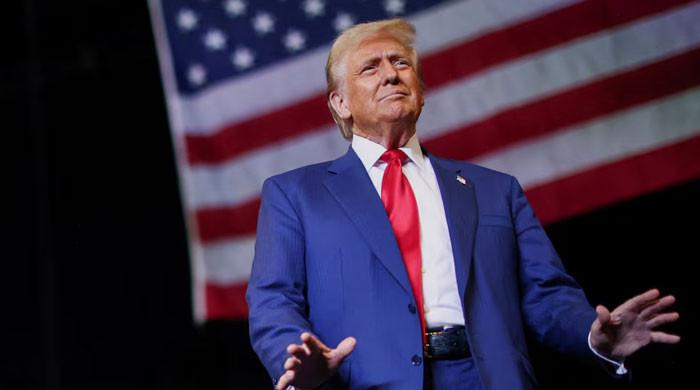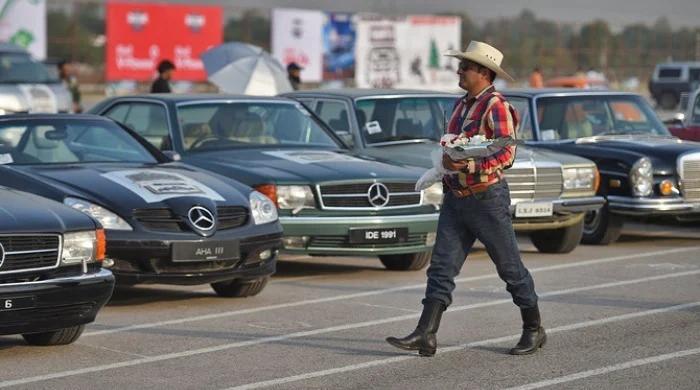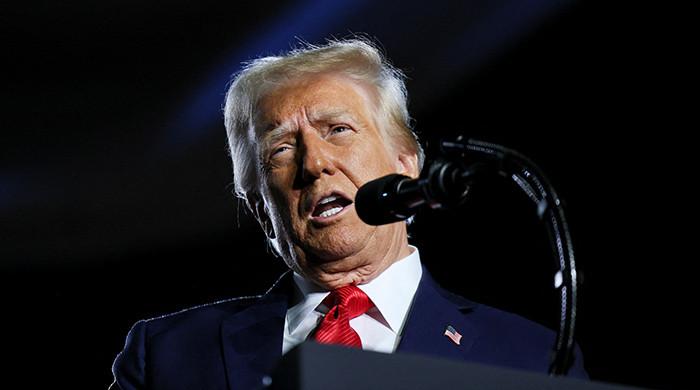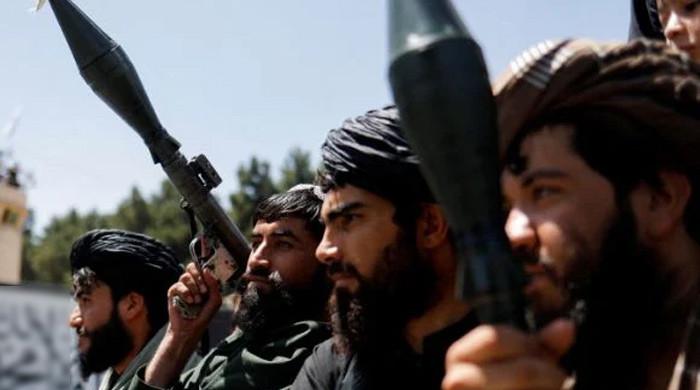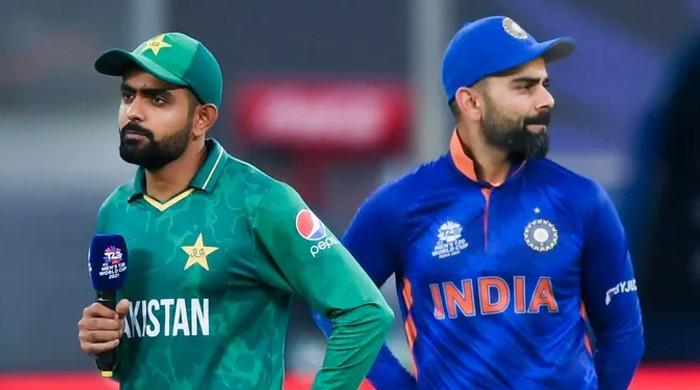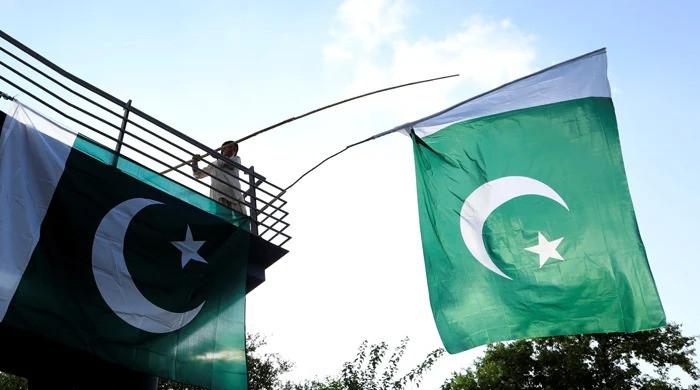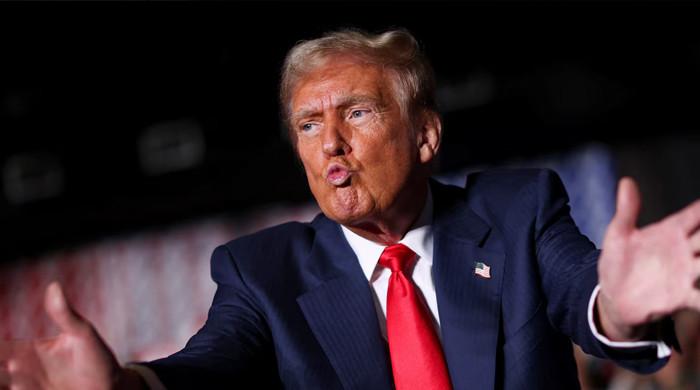Daniel Pearl killing: Why was Omar Sheikh acquitted?
Justice, it seems, is still a faraway dream
January 30, 2021
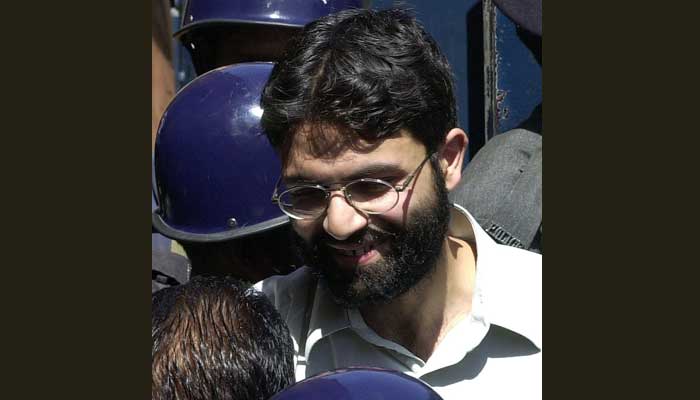
The late Raja Qureshi, who was the former advocate general Sindh, had been closely following the case of Daniel Pearl’s kidnapping and murder. In those days the trial was ongoing in an anti-terrorism court in Karachi against four accused, including the British-Pakistani Omar Sheikh.
In 2002, I met Qureshi and asked him why three other men, who were also key suspects, had not been charged despite their arrest.
Qureshi replied: “Their (the other suspects) trial can be held later. We don’t want to drag the [Pearl] case right now. We want to finish it as soon as possible.”
The anti-terrorism court concluded the trial in three months. Omar was sentenced to death. The other three accused were awarded life imprisonment. All four later filed an appeal. Separately, the state also appealed the verdict for an enhancement of sentences for the three accused, from life in prison to death.
The verdict of both appeals came after 18 years.
As a reporter I have been following this case since the trial began. I personally believe that neither the state nor the lawyers of the accused were interested in an early disposal of the appeals.
All those involved were keen on dragging the case as long as they could.
The defendants knew that the then government of Pervez Musharraf was under immense pressure from the US. They did not want Omar’s release on the government’s watch. And so the case was delayed.
But why did the state avoid court hearings? That is still a mystery.
One reason could be that state institutions did not have enough evidence to prove the direct involvement of the four accused in Pearl’s murder. Another reason could be that the authorities had some kind of understanding with Omar, after he surrendered.
I asked Raja Qureshi why the other three suspects, Fazal Karim and Atta ur Rehman alias Naim Bokhari and Saud Memon, who had been picked up during the initial trial, were never presented as accused in the Pearl murder case, despite their alleged involvement. He replied that it would have led to a fresh investigation.
Two senior police officers, who have now retired but at that time were following the investigation very closely conceded that the police wanted the above mentioned accused to be included in the charge-sheet or in the challan but it was opposed by some in the Musharraf administration, as well as intelligence officials.
“I believe pressure from the American administration forced the Musharraf government to finish the job as soon as possible,” one of the officers told me on condition of anonymity.
Had the investigators been given a free hand, without being rushed, they would have been able to build a stronger case against Omar and the other accused. “The prosecution would not have faced the kind of embarrassment as they are facing now,” the police officer added.
According to the police officer, Fazal Karim played a key role in murdering Pearl. He was easily identifiable in the video of the journalist’s killing. Meanwhile, the murder took place in a compound owned by Saud Memon.
Around two years after Omar was convicted, the police booked Karim in a drug case. But today, he is reportedly out on bail. As for Memon, he was acquitted in another case and died a few years after he was brought on a wheelchair to the Supreme Court.
This week, the Supreme Court rejected the Sindh government’s appeal against the Sindh High Court’s order to release all four accused. Now, the government has filed a review petition.
Meanwhile, the new US administration has expressed concern after the verdict and is keen to have Omar extradited to the US.
As for Omar, I have been told that Omar was relaxed and calm when informed of the Supreme Court’s verdict. “He did not have much of a reaction to the news,” said a jail source. “But the other three accused were quite excited on hearing the news.”
Khawaja Naveed, who defended Omar in the Sindh High Court, had remarked that the mishandling of evidence, such as that of Fahad Naseem’s laptop, went in favour of the suspects.
The police showed recovery of the laptop from Naseem’s custody on Feb 11, 2002. But the collective evidence showed it had been recovered on Feb 4, and that the American FBI has already examined the laptop. The defense used this in its favour, Naveed said.
The laptop was a key piece of evidence. It was used to send email and photographs of Pearl.
This is not the first time that the outcome of a high profile case has resulted in the acquittal of suspects. From Mir Murtaza Bhutto to former prime minister Benazir Bhutto to ex-governor Sindh Hakim Saeed to Daniel Pearl’s case, the murderer remains a mystery.
Since the brutal killing of Pearl in 2002, over 129 journalists have been killed in Pakistan. In 98% of the cases, the accused were never arrested, nor the judicial commission reports ever made public. Justice, it seems, is still a faraway dream.
Mazhar Abbas is a senior columnist and analyst of GEO, The News and Jang. He tweets @MazharAbbasGEO




